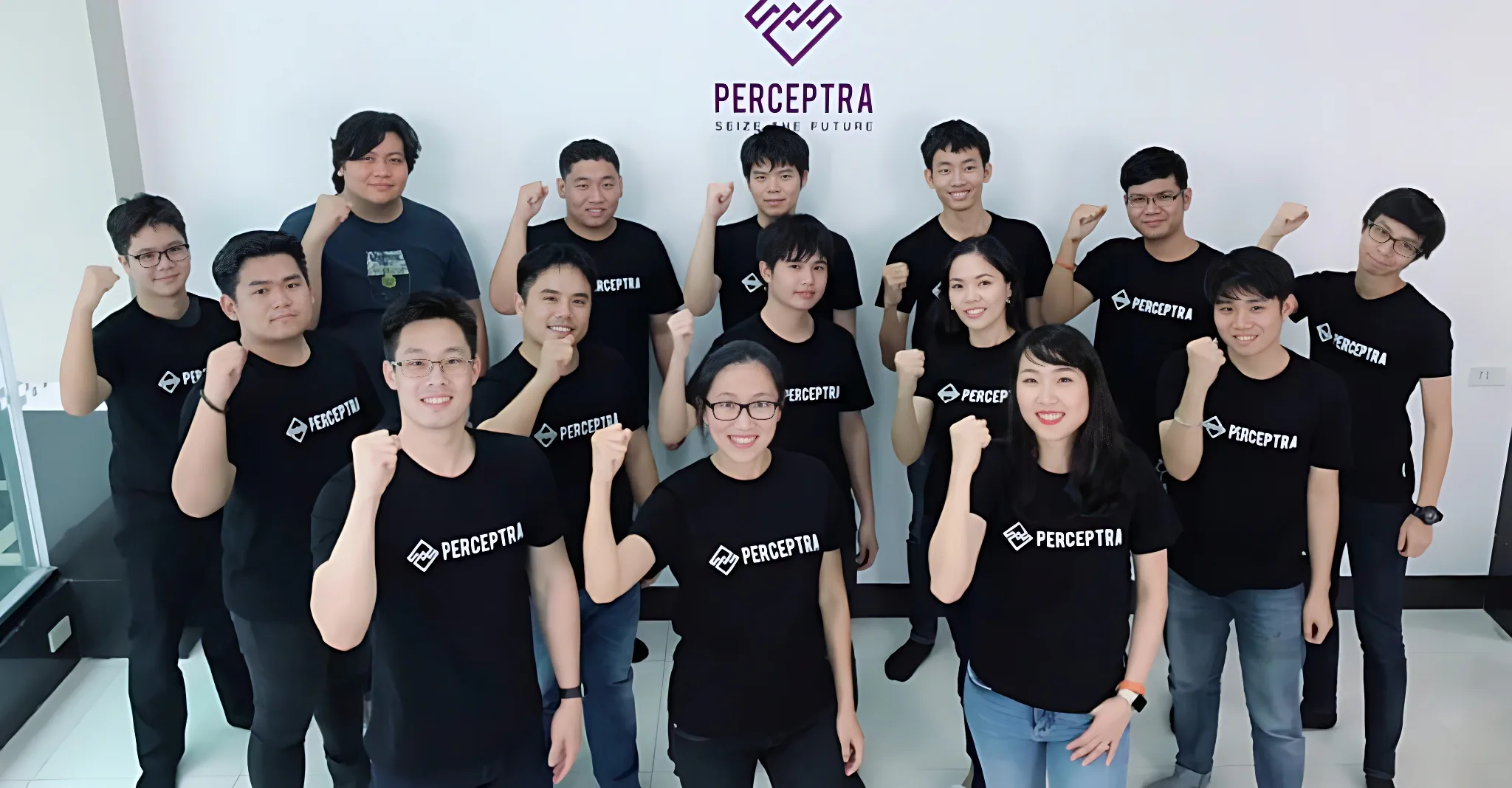Junior ML Engineer
About the Position
Perceptra delivers AI-powered insights to doctors countrywide by bridging latest cloud technology stack with the legacy system in hospitals. Our product development team are responsible to building and integrating scalable MedTech products and own full software development life cycle, from conception to deployment. As a junior machine learning engineer, you will work alongside some of the best minds in the field and implement the latest deep learning and computer vision algorithms, in a multidisciplinary and dynamic environment.
Roles & Responsibilities
- Analyze and improve the performance of AI models by :
- Adding updated training samples and annotations to the training dataset
- Applying state-of-the-art architectures, modules, or learning methods, that are presented in recent computer vision or deep learning papers.
- Utilizing advanced image processing techniques to improve the generalization performance of AI models.
- Apply coding skills to :
- Analyzing and improving the efficiency, scalability, and stability of training, validation, and inference pipeline
- Adapting the training pipeline to best exploit modern parallel environments such as distributed clusters
- Research, design and develop deep learning and computer vision algorithms to detect a wide variety of medical conditions from image and textual data.
- Support internal large-scale inference activities.
- Fast prototyping of AI models for new medical problems.
- Investigate problems with models during the product development and after product launch.
- Perform unit testing and integrated tests to support accurate and high-performance productions of AI models.
- Read and implement algorithms publications in the field of deep learning and computer vision, as well as publish your own work, and contribute to the community via conferences/meetups etc.
- Perform analytic tasks. For example, analyzing models’ usability from the user experience standpoint, performing statistical tests to convey models’ usefulness to medical professionals
- Participate in long term research efforts, and build excellence in the field of deep learning for imaging data. Keep yourself up to date with the latest practice.
- Contribute to the team’s methodologies, best practices and toolset, share your work and give/receive feedback from peers in the team.
Knowledge and Skills
- Python data science and deep learning tools, such as Pytorch and Tensorflow. Solid understanding of convolutional neural networks. Ability to explain basic principles and decipher new research papers in the field.
- Solid understanding of statistical and strong data analysis skills.
- Broad knowledge of software engineering concepts needed to solve day-to-day challenges in deep learning implementation such as data management, software tools, and software development practice.
- 1+ years of hands-on development of complex machine learning projects using python-based frameworks and tools.
1+ year of hands-on experience with deep learning using common open source frameworks and tools (Keras, TensorFlow, etc.) - BSC. or MSC. in computer science or related fields, especially with focus on computer vision.
Desired Characteristics
- Passion to create excellent, well-researched algorithms, with a focus on getting your ideas to be deployed in products for thousands of doctors.
- Strong analytical and problem solving skills.
- Mind for efficiency and process improvements. Keep the lookout for efficient means to shorten execution time.
- Strong organization skills, delivering work with proper documentations.
- Strong communication and collaboration skills.
- Team player, positive and driven, fast learner
